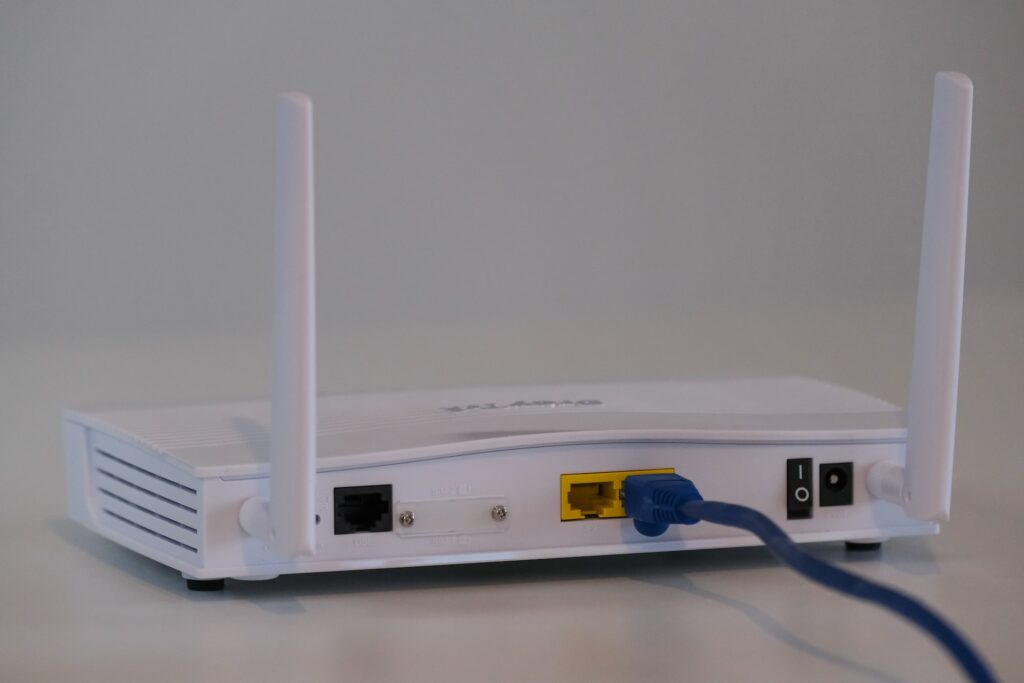Cybersecurity is necessary for businesses of all sizes due to the growing risk of cyberattacks. Breach of cybersecurity can be expensive and harm a company’s reputation. Companies must put strong cybersecurity measures in place to protect their sensitive data from fraudsters as more and more commercial operations are conducted online.
From data breaches to ransomware attacks, the threats facing businesses today are numerous and constantly evolving. The importance of cybersecurity for businesses, the associated risks, and some preventative measures will all be covered in this article.
Table of Contents

What is Cybersecurity?
The term cybersecurity refers to the protection of electronic equipment, networks, and sensitive data from unauthorised access, theft, and damage.
Cybersecurity is necessary for businesses as it includes protecting not only the company’s own data but also the customer’s data.
Why Cybersecurity is necessary for Businesses?
Cybersecurity is necessary for businesses in order to protect themselves from cyberattacks. Businesses need to implement strong security measures as soon as possible because of the increase in cyberattacks and data breaches.
1. Protection against Data Breaches:
A data breach is one of the biggest threats facing businesses today. Both financially and in terms of the potential impact to customers, a data breach can be extremely damaging. By implementing proper cybersecurity measures, businesses can significantly reduce the risk of a data breach occurring.
2. Compliance with Regulations:
Many industries are subject to regulations that require businesses to maintain a certain level of cybersecurity. For example, HIPAA laws must be followed by healthcare organisations, while PCI-DSS requirements must be followed by financial companies.
3. Protection from ransomware:
A type of malware called ransomware encrypts the data of a company and then demands payment in exchange for the key to decode it. Both in terms of the ransom payment and the interference with corporate activities, a ransomware attack can be expensive. Businesses can reduce the likelihood of a ransomware attack happening and limit the harm by implementing the proper cybersecurity measures.
4. Defending against cyberattacks:
In addition to phishing, and denial-of-service attacks, there are numerous types of cyberattacks that can occur. These attacks can have a devastating financial impact on the firm as well as potentially destroy its brand. Businesses can reduce the likelihood of a cyber attack happening by putting effective cybersecurity measures in place.
What are the Risks?
1. Financial Loss
A successful cyber attack can result in significant financial losses for a business. This can include the price of corrective measures, lost productivity, and financial penalties from laws and regulations.
2. Damage to Reputation
A cyber attack can also damage a business’s reputation, which can have long-term consequences. Customers may lose trust in the business, resulting in lost sales and revenue.
3. Legal and Regulatory Penalties
Failure to comply with regulations can result in expensive fines and other legal repercussions.
4. Data loss
Important data, particularly sensitive client information, may be lost as a result of a cyberattack. In terms of the cost of remediation and the harm to the reputation of business, this can be extremely damaging.
What are Some Prevention Strategies?
Business owners can protect themselves against cyber threats by taking the following steps:
1. Educate Employees
Cybersecurity defense often fail due to weak employees. By educating employees on proper security practices, businesses can significantly reduce the risk of a successful cyber attack.
According to Verizon’s “2022 Data Breach Investigations Report”, the human factor is the primary threat vector in 82% of data breaches. This is especially true for phishing attacks and stolen passwords.
2. Implement Strong Password Policies
Passwords should be strong and changed regularly. Weak passwords can easily be cracked by hackers, giving them access to sensitive data. By implementing strong password policies, businesses can make it more difficult for hackers to gain access to their systems. It’s also essential to encourage employees to avoid using the same password for multiple accounts.
3. Keep Software Up to Date
Outdated software can contain security vulnerabilities that hackers can exploit. Updates are necessary for patching any known vulnerabilities in software. This includes operating systems, applications, and firmware
4. Use firewalls and antivirus software
Firewalls and antivirus software can prevent unauthorized access and detect malware. Firewalls act as a barrier between a business’s internal network and the internet, blocking any unauthorized access attempts. Antivirus software can find and remove malware before any harm is done.
5. Encrypt Sensitive Data
Hackers may find it challenging to steal sensitive data when it is encrypted.
In encryption, data is transformed into a code which can only be cracked with the right decryption key.
Businesses encrypt sensitive data to make sure that even if a hacker gains access to their systems somehow, they won’t be able to read or use the data.
6. Back Up Data Regularly
Regular backups can ensure that businesses can restore data in case of a cyber-attack. Backups should be stored in a secure location separate from the primary system. Businesses can restore their data from backups in the case of a cyberattack, reducing downtime and the attack’s possible effects.
7. Implement Access Controls
Access controls can restrict access to sensitive information to authorized personnel only. This includes implementing policies such as the principle of least privilege, which limits access to the minimum necessary to perform a task. By implementing access controls, businesses can reduce the risk of unauthorized access to their systems and data.
8. Monitor Networks
Regular network monitoring can detect and prevent cyber-attacks. By monitoring their networks, businesses can detect any unusual activity and respond quickly to potential threats. This includes implementing intrusion detection systems and security information and event management (SIEM) tools.
In conclusion, cybersecurity is necessary for businesses of all sizes. It’s necessary to take the required precautions in order to protect your data and reputation with these rising threat of cyberattacks. Businesses can greatly reduce the chance of falling victim to cyberattacks by training employees, putting in place strict security rules, and routinely monitoring networks.






Pingback: Volkswagen Hacked: Cyber Breach Leads to 19,000 Document Theft - HackProofHacks
Pingback: Dropbox Sign Hacked: API Keys, MFA, and Hashed Passwords Compromised - HackProofHacks
Pingback: 3 Powerful Techniques for Creating a Backdoor Practically and Maintaining Persistent Access - HackProofHacks